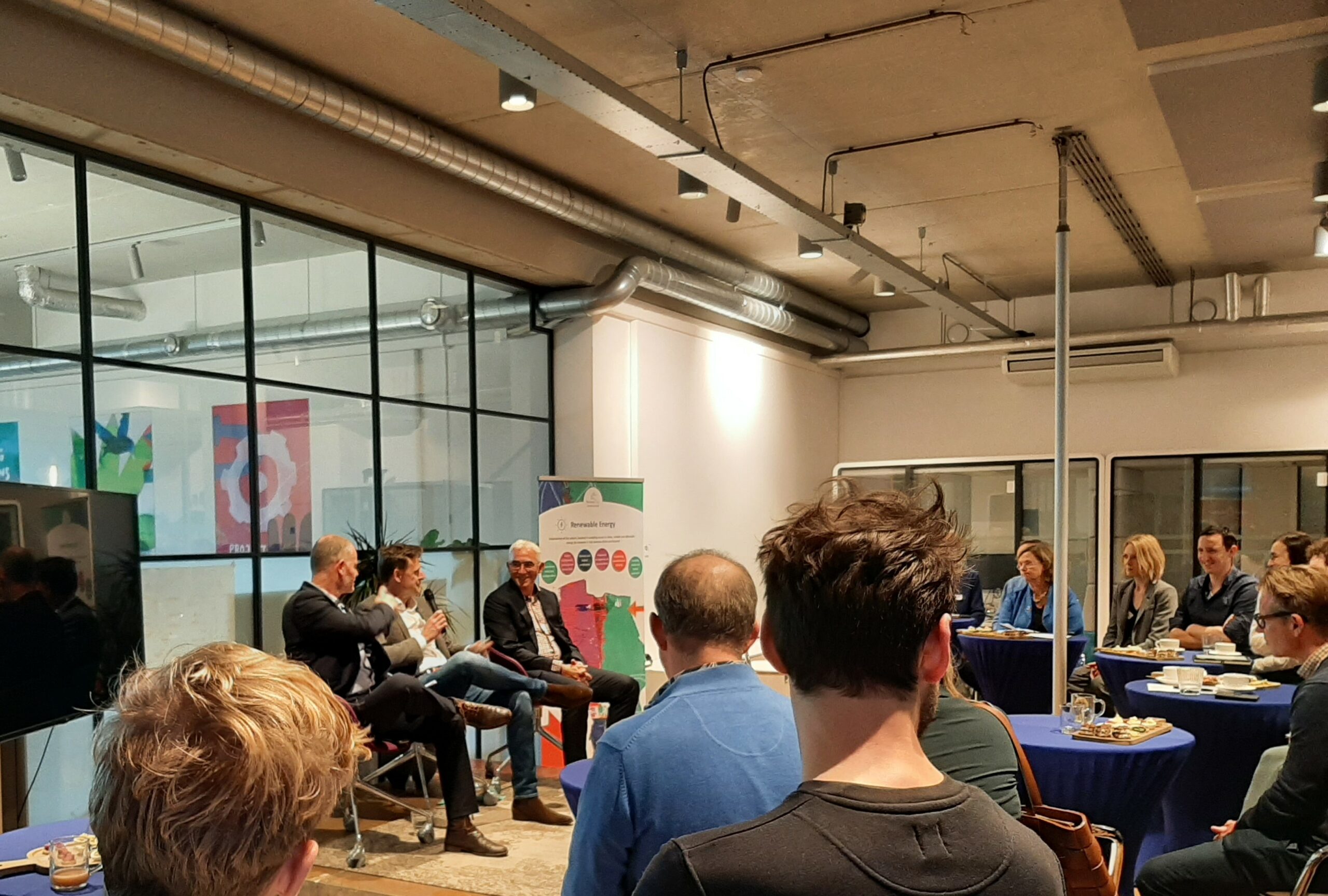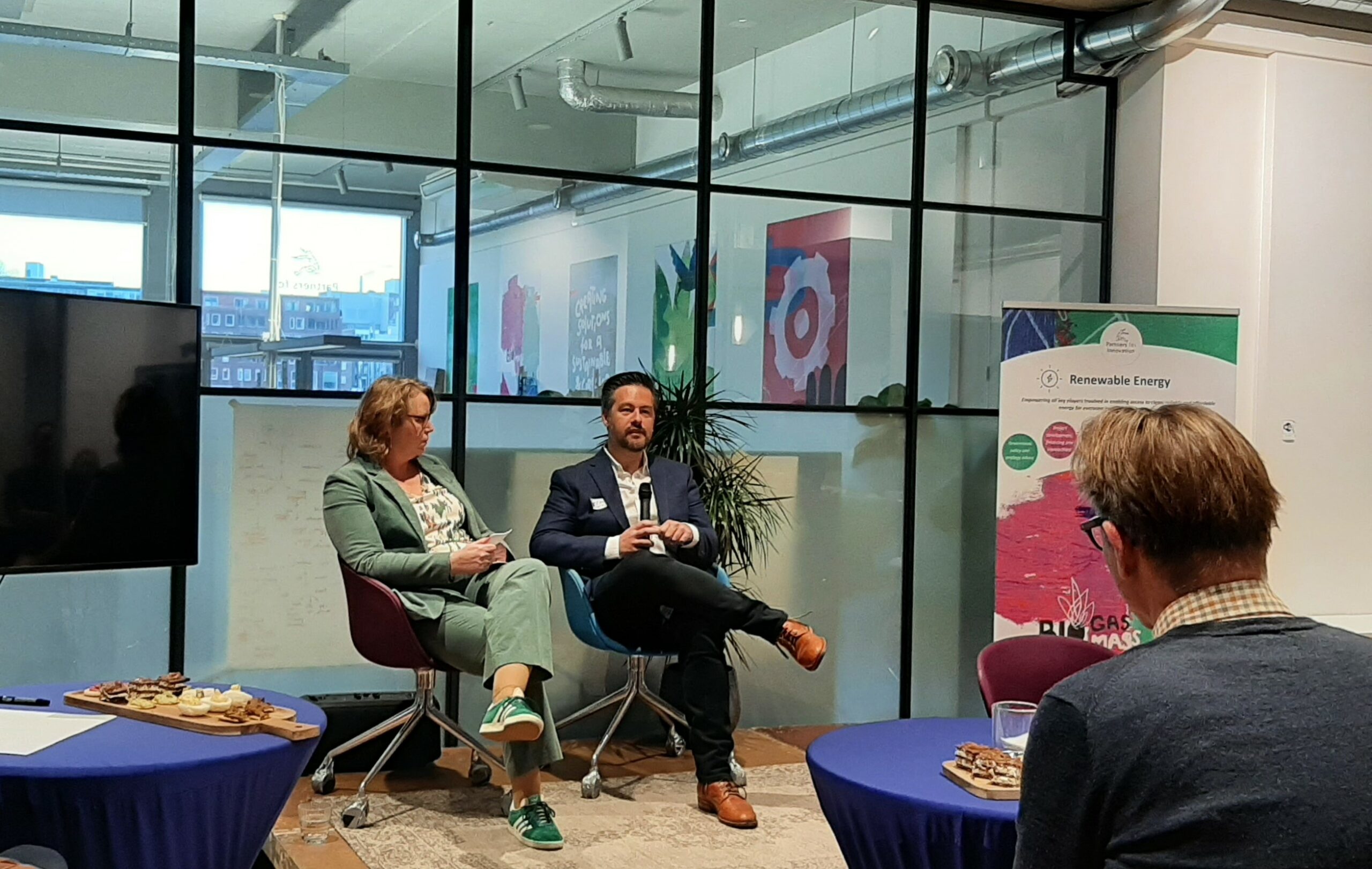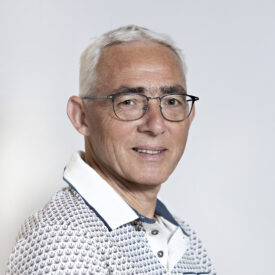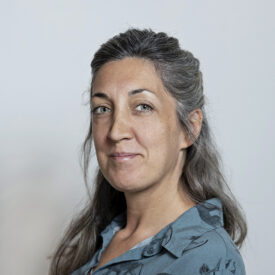Clean cooking subject of lively discussion
 Clean cooking in Sub-Saharan Africa is an upcoming and dynamic market but there are still barriers to break. Both financial and non-financial. That’s where the discussion was about during the Energy Compact Café that we hosted on December 11.
Clean cooking in Sub-Saharan Africa is an upcoming and dynamic market but there are still barriers to break. Both financial and non-financial. That’s where the discussion was about during the Energy Compact Café that we hosted on December 11.
Only five years ago it was hard to find any financier or company that was eager to invest in clean cooking. Today the political and business atmosphere has changed. Companies that want to make a difference, governments that are concerned about public health and investors that foresee commercial opportunities. At the same time there are enough hurdles to overcome.
Handful of ‘investable’ companies
Financially speaking, the risks are high. There are a handful of ‘investable’ companies and these absorb almost all the public and private money. The rest of the companies are still pioneering to find a viable business model and cannot survive without public funding (subsidies). The clean cooking market is diverse with different technologies and fuels, such as electric cooking, LPG or pellet cookstoves. Each of these market segments require a different approach to become successful and with that also their own funding mechanisms.
Need for alignement
On the non-financial side, especially regarding clean cooking with pellets, the current cookstove market and the pellet market are not aligned. Pellets need to be produced at scale and preferable not too far from the market. Currently there is no production at scale in Sub Saharan Africa. The pellet factory, Coega Biomass Centre (CBC) in Port Elizabeth in South Africa will be the first.
Smarter, cheaper and healthier
Because the volumes produced by CBC are much higher than the demand from the local cookstove market, initially they will need to export the pellets. But the cookstove market will only grow slowly as it takes time and effort to convince people that cooking with pellets is a smarter, cheaper and healthier way of cooking. For large scale pellet production the challenges are to get the logistics of the feedstock in order and acquire the necessary sustainability certificates to be able meet the European legislation.
 Therefore, it’s a promising development that companies have emerged that focus exclusively on producing clean cookstoves like Mimi Moto, on pellet production like Coega Biomass Centre and on clean cooking financing like Spark+, supported by agencies that stimulate clean cooking like RVO and organisations that make clean cooking companies investable like GET.invest Finance Catalyst.
Therefore, it’s a promising development that companies have emerged that focus exclusively on producing clean cookstoves like Mimi Moto, on pellet production like Coega Biomass Centre and on clean cooking financing like Spark+, supported by agencies that stimulate clean cooking like RVO and organisations that make clean cooking companies investable like GET.invest Finance Catalyst.
Collaboration, partnerships and system change
The Café was a good start to sharing different visions as a basis for collaboration, partnerships and system change. Thanks to the specialists Jan Cloin (RVO), Peter George (Spark+), Marius de Waard (Mimi Moto), Daphne Pit (Pit Pure Power) and Emiel Hanekamp (Coega Biomass Centre/Partners for Innovation).
For more information please contact Carla Logan or Emiel Hanekamp.
- Pictures 1 Jan Cloin leads a panel discussion with Marius de Waard, Emiel Hanekamp
- Picture 2: Daphne Pit interviews Peter George
Want to
know more?
Contact us!



